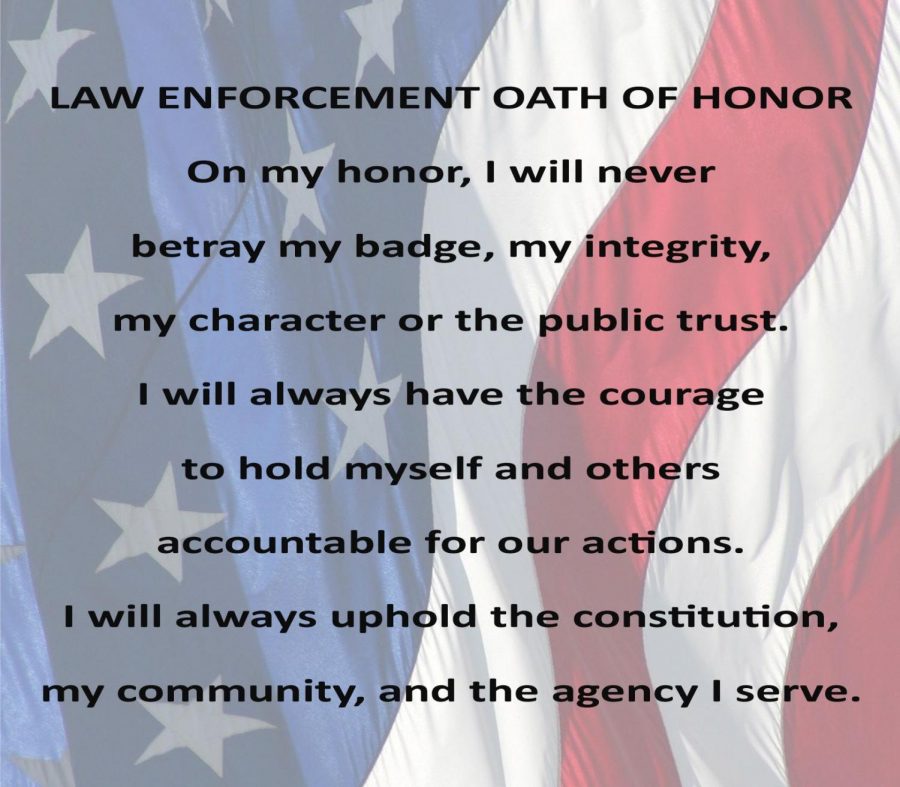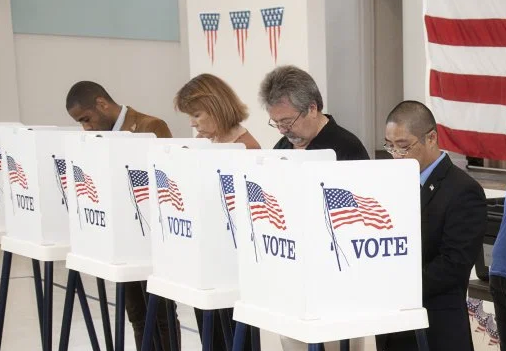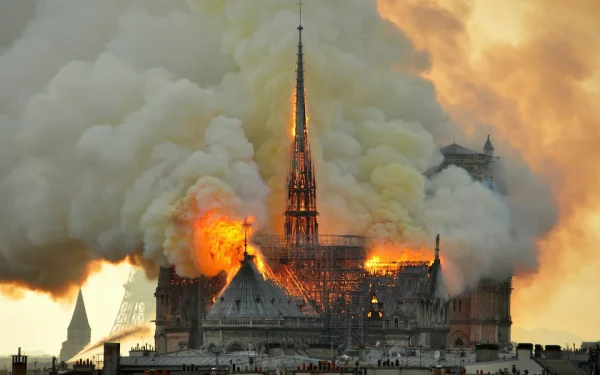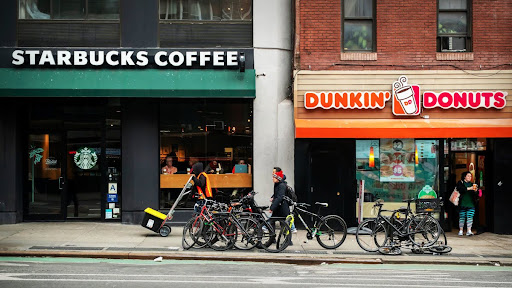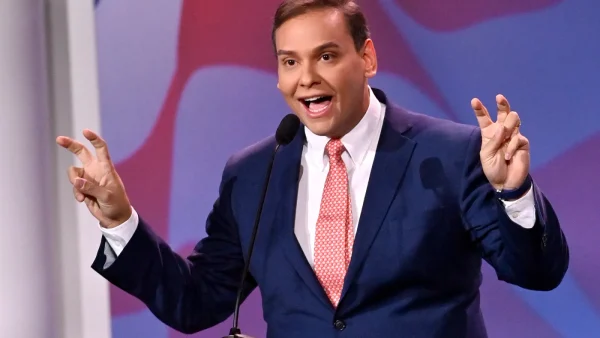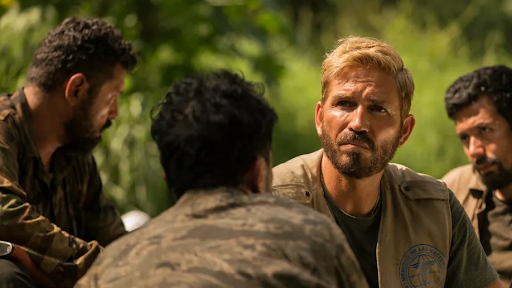Reassessing the Police and Defunding Police Departments
These past several weeks have been rough for our country’s law enforcement. Since George Floyd was brutally killed in Minneapolis by former police officer Derek Chauvin, groups of activists have formed to protest this instance and other instances of police brutality and racism across the country. Many of these protests have sparked groups to riot and loot businesses across the country. These protests have caused many of the nation’s most prominent cities to make reforms, and some seek to remove funding from the law enforcement system. In Seattle, protesters have banned the police from entering several blocks of the city. In Minneapolis, there are calls for a police-free city, and, in New York, Mayor Bill DeBlasio approves of cutting police funding by 1 billion dollars according to NBC. While it is undeniable that cases of police brutality are inexcusable and reforms do have to be made to end such brutality, banning police from city zones, abolishing city police departments, and defunding police departments comes with a great many consequences for all communities.
Before having a conversation about solutions to end police brutality, we need to understand what police officers go through on a day-to-day basis. The police face dangerous situations everyday. When police officers pull over a vehicle or respond to a 911 call, they have no idea whether they will be injured or killed on the line of duty. According to the Officer Down Memorial website, 122 officers died while on duty in 2019. Already, in 2020, 106 officers have died as a result of their police-related work.
In a speech on Capitol Hill, former police officer Dan Bongino spoke of the unique stresses police officers face: “I receive an email or a text a few times a year notifying me about the death or injury of a police officer I knew, worked with, or knew someone I worked with. Imagine if that was happening at your job? Just think about that for a second.” For many officers, being a police officer is a 24/7 job; they put their life on the line to serve the community even when they are off duty. During looting in St. Louis, 77-year-old retired police officer David Dorn was shot and killed while defending his neighbor’s pawn shop. He served his community for over 30 years. Officer Dorn’s death speaks to the dedication that the police have to their careers and communities.
Recent news footage tends to feature scenes in which police officers are responding aggressively, and news coverage with police officers helping others is less common. This creates the perception that the police are simply behaving in an aggressive manner all the time. However, police are trained in de-escalation strategies and they take a compelling oath. According to the International Association of Police Chiefs : “On my honor, I will never betray my badge, my integrity, my character or the public trust. I will always have the courage to hold myself and others accountable for our actions.” Police have also worked to implement a shift in focus from warrior to guardian images. Police handle so much more behind the scenes that the media does not always cover. In a 2016 survey conducted by Time Magazine, 76% of Americans have “a great deal” of respect for police officers in their towns, and only 16% of Americans support defunding the police according to the California Globe. Intimidation seems to emerge in situations of escalating danger. Police are just as likely to experience fear as well.
It seems terribly unfair to target police and remove funding for the police because of the actions of isolated officers who abused the public’s trust. So often we speak about how wrong it is to stereotype people based solely on their skin color, their ethnicity, or their religion. So why is it considered okay to stereotype people based on their occupation? This doesn’t excuse Chauvin’s deadly actions toward George Floyd whatsoever. Supporting the police doesn’t mean that you stand for the officers that dishonor their oath and badge. It means that you recognize the good of so many officers instead of putting them all in one box.
While I looked at the testimonies of different officers to help me write this article, I found that many of them spoke of the role the police played in the 9/11 attacks. While hundreds of people fled from the Twin Towers, the police were running into the flames to save the lives of innocent civilians. Seventy-two of those heroes were killed that day. Another situation that highlights the importance of a strong police force in our community is the Boston Marathon bombing. Instead of defunding the police, we should be increasing funding for better training to rebuild trust between police and the communities they guard.
In closing, I would like to share part of one testimony that particularly moved me from Dan Bongino’s speech on Capitol Hill “I spoke at an event for police officers years ago, and the spouse of one of these heroes said this: ‘The most wonderful sound in the world for the spouse of a police officer is the sound of velcro at night.’ You may be saying, why velcro? Because it’s how a police officer´s body armor is secured to their bodies and when that body armor comes off and that sound echoes in their ears, the families of these heroes know that they’re finally home safely.”
It’s so important to step into the shoes of police officers before making assumptions about them, so here are some more testimonies from the police perspective.
https://www.youtube.com/watch?v=dAkY2tDQeGY&t=61s
https://www.youtube.com/watch?v=bo0kE6dViPA
*Note: I know that in these times of unrest it’s easy to get caught up in all the news and form a strong opinion very quickly, but now more than ever we have to step back and put ourselves in the shoes of those we might disagree with. That being said, I wanted to let everyone reading this know that I’m more than happy to have a conversation with you. Feel free to reach out to the email below or call/text me if you have my number!
Alanna Hyatt ‘22: 22ahyatt@montroseschool.org

